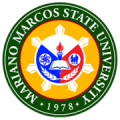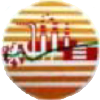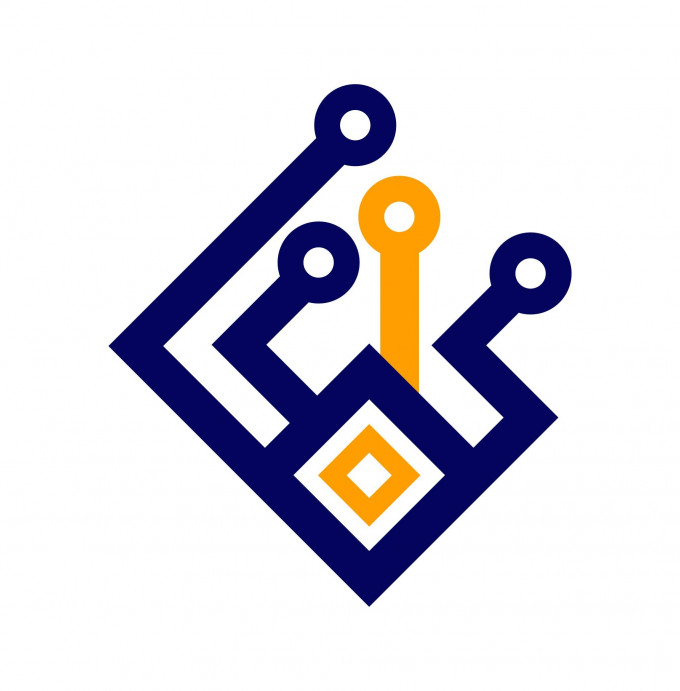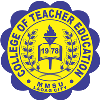<B><P><FONT face=Verdana size=5>Instructional Materials seminar-workshop held </FONT></P></B>
IN LINE with the university’s commitment to keep faculty members abreast with the latest trends in curriculum and instruction, a seminar-workshop on the development and standardization of instructional materials through the course team approach was held on April 15-17 at the University Training Center.
Dr. Felix Librero, former chancellor of the University of the Philippines Open University (UPOU) and president of the Association of Philippine Distance Learning, served as main resource speaker; together with Dr. Eduardo T. Borja, dean of the College of Teacher Education; and Dr. Estrella R. Calixto, former director of the CHED-Zonal Research Center.
Ninety-six participants representing all colleges of the university attended the activity which was initiated by the Instruction Directorate.
Dr. Josephine R. Domingo, Dean for Instruction, explained that the availability of instructional materials is very basic for the offering of academic programs, serving as ready-guides or self-guided materials for instruction either in the traditional or non-traditional classroom situations. \"Hence, the availability and quality of these instructional materials are of most concern; and the Mariano Marcos State University, is not an exemption\", she said.
Aside from the mere availability and quality of instructional materials as problems, it has also been observed that faculty members produce modules following different formats. Others who are handling the same subjects differ in the contents of their syllabi: this was also pointed out by Dr. Epifania O. Agustin, Vice President for Academic Affairs, reverberating in her open remarks the same observation previously made by external accreditors.
Because of this scenario, the course team approach in developing and standardizing modules and syllabi was proposed. The 3-day activity thus aimed to develop among faculty members the responsibility of syllabi and module writing; to explain and illustrate the basics of writing the syllabus and module components; to come up with standardized and updated syllabi and modules in the different colleges using the course team approach; and to internalize the needed values in instructional materials design and development.
Under the operations of a course team approach, each team is composed of the authors who are experts in the subject, an electronic media expert, graphic designers, the editor, and the content reviewers. Hand in hand, they develop the module as a pedagogical instrument for the learner; develop wrap around material to support the module; and ensure that the module meets MMSU standards and satisfies the needs of students.
At the end of each topic during the seminar-workshop, participants were tasked to produce modules in their respective disciplines, part by part. The outputs will be fine-tuned and subjected to validation and testing in view of eventual publication and mass production of homegrown instructional materials. In the future, these will also serve as base materials for the offering of distance learning at MMSU.
In her message during the closing program, University President Miriam E. Pascua urged faculty members to produce modules, saying that \"a teacher who had published instructional materials leaves a lasting imprint\". Dr. Pascua assured participants of her full support in this endeavor.
The university is now piloting the distance learning program for professional studies in Education, and results of which are now serving as basis in expanding the distance delivery mode to include other programs later on. Hence, the three-day activity was capped by a roundtable discussion on distance learning program where Dr. Librero shared his vast experiences on distance learning at UPOU. It was attended by college deans, IMs coordinators, Distance Education and Instructional Materials Office staff, and Information and Communication Technology Center personnel.
Dr. Librero, who had also served as UP Faculty Regent and director of the then Institute of Development Communication of the College of Agriculture in UP Los Baños, holds the degree Doctor of Philosophy in Instructional Systems Technology from Indiana University; MS in Development Communication from UPLB; and BS in Agriculture major in Agricultural Communications also from UPLB. With the rank of Professor 12, he continues to teach Education and Development Education at the OPOU.
Gallery
Dear Valued Client,
We will be introducing our newly upgraded website on October 31, 2024 – offering faster access, improved navigation, and enriched content for students, faculty, partners, and stakeholders. Experience how we cultivate minds and transform futures at MMSU.

 CAFSD
CAFSD CASAT
CASAT CAS
CAS CBEA
CBEA CCIS
CCIS COE
COE CHS
CHS CIT
CIT CTE
CTE COM
COM CVM
CVM Graduate School
Graduate School
_99fb0eb09f48dcbc0f8dd88081f5072c.jpg)



